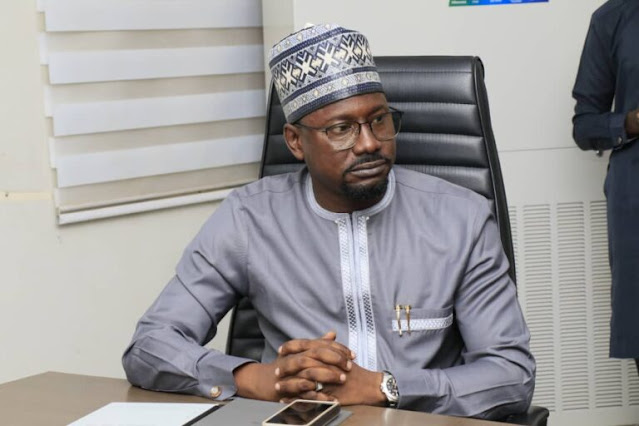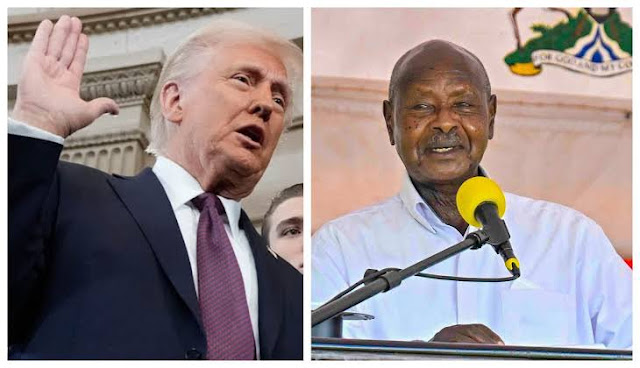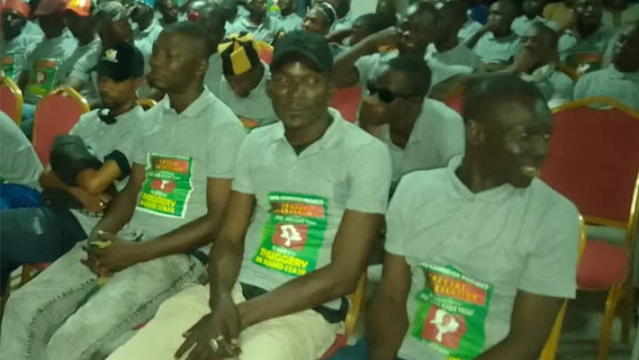The Rural Electrification Agency (REA) has restated its determination to narrow Nigeria’s energy deficit through renewable energy solutions, while underlining the importance of a skilled workforce and greater private sector participation in advancing the nation’s clean energy transition.
REA’s Managing Director, Dr Abba Aliyu, spoke on Wednesday in Abuja at a High-Level Dissemination Session on the Enhanced Solar Energy Curriculum, convened by INCLUDE, the Knowledge Platform on Inclusive Development Policies in Africa.
Aliyu explained that the agency, in collaboration with government and development partners, had introduced a series of initiatives to expand access to electricity, particularly in underserved rural communities.
He warned, however, that without a strong base of human capacity in renewable energy, Nigeria’s transition targets would remain out of reach.
Commending the National Board for Technical Education (NBTE) for developing the upgraded renewable energy curriculum, Aliyu described it as an essential instrument to equip Nigerians with the expertise required to sustain ongoing investments in solar and other clean energy projects.
The event also featured the symbolic handover of the curriculum set by NBTE’s Executive Secretary, Prof Idris Bugaje, alongside the official launch of a Training-of-Trainers (ToT) scheme designed to prepare more than 300 vocational trainers across the country’s six geopolitical zones to deliver the new teaching materials.
As Nigeria advances its agenda for a just energy transition, Aliyu maintained that stronger collaboration between government, the private sector, and academic institutions is vital to closing the energy gap, creating green jobs, and fuelling inclusive economic development.






